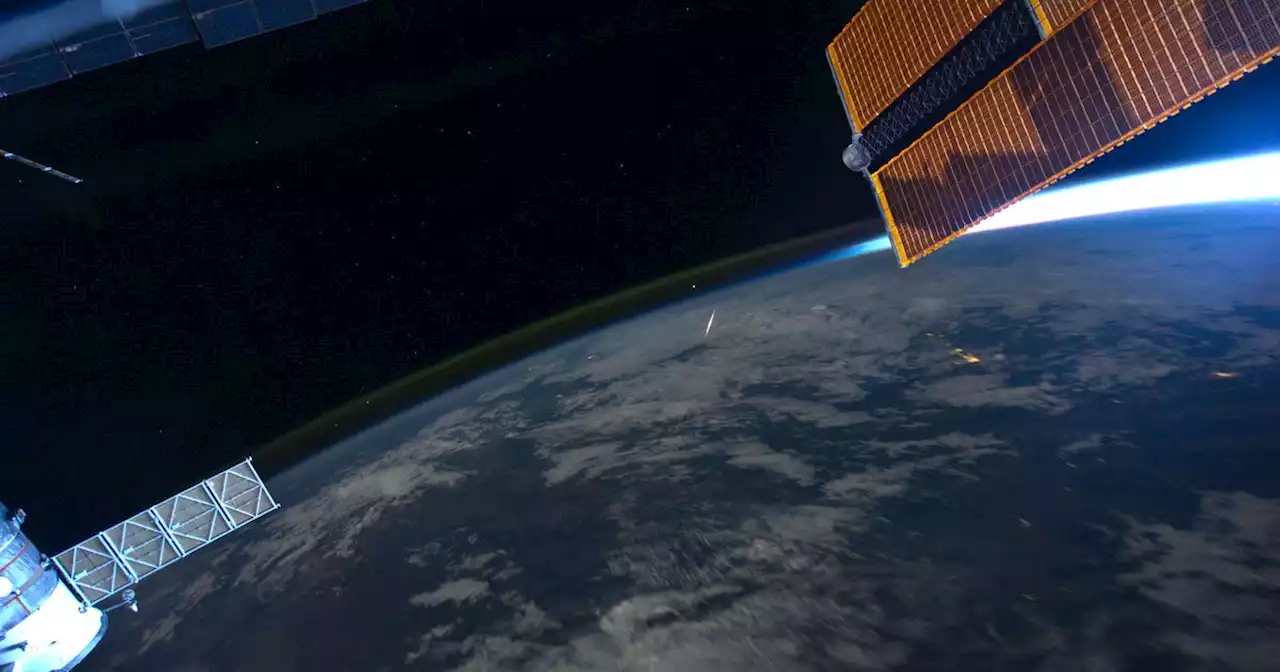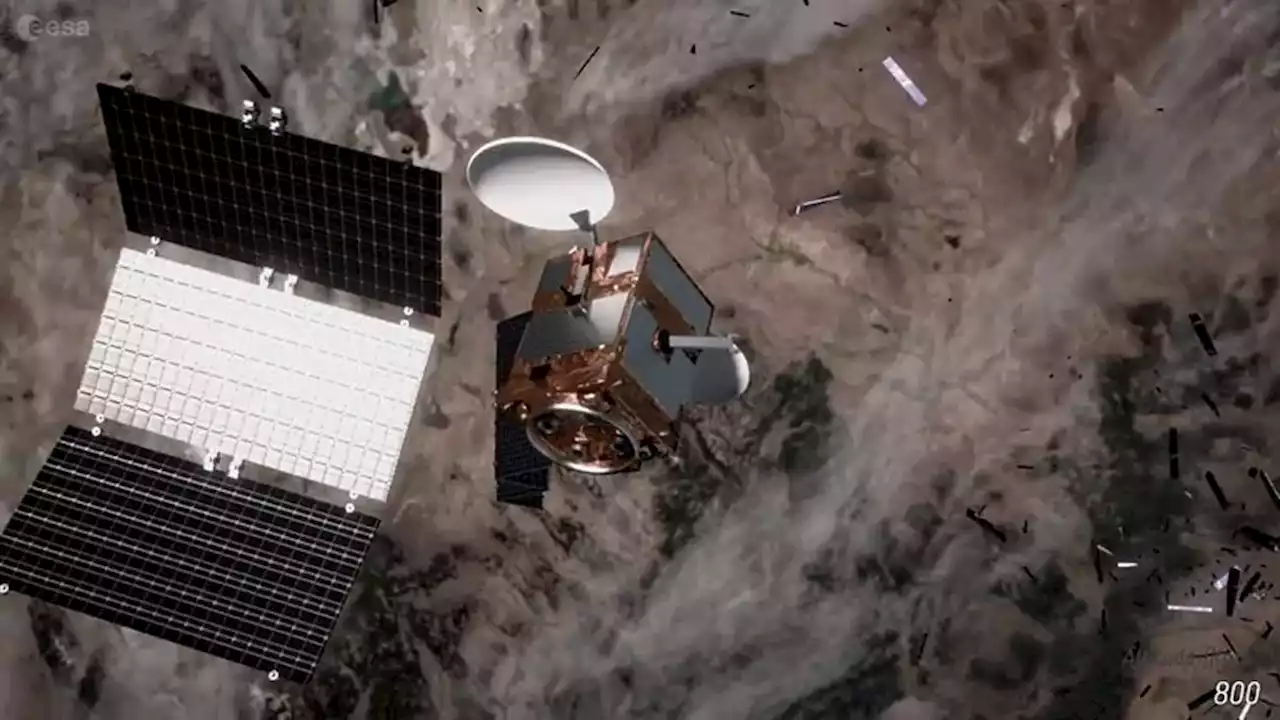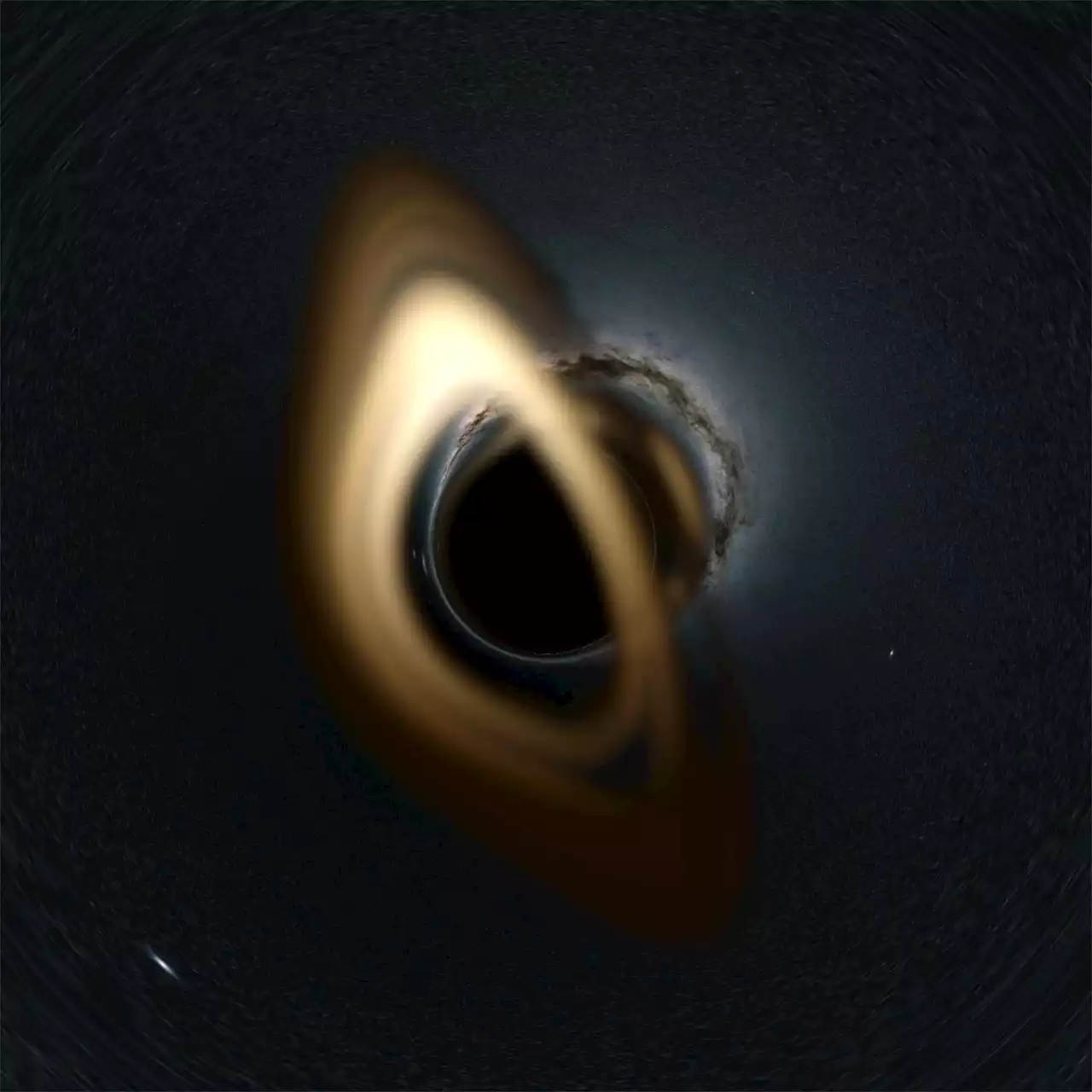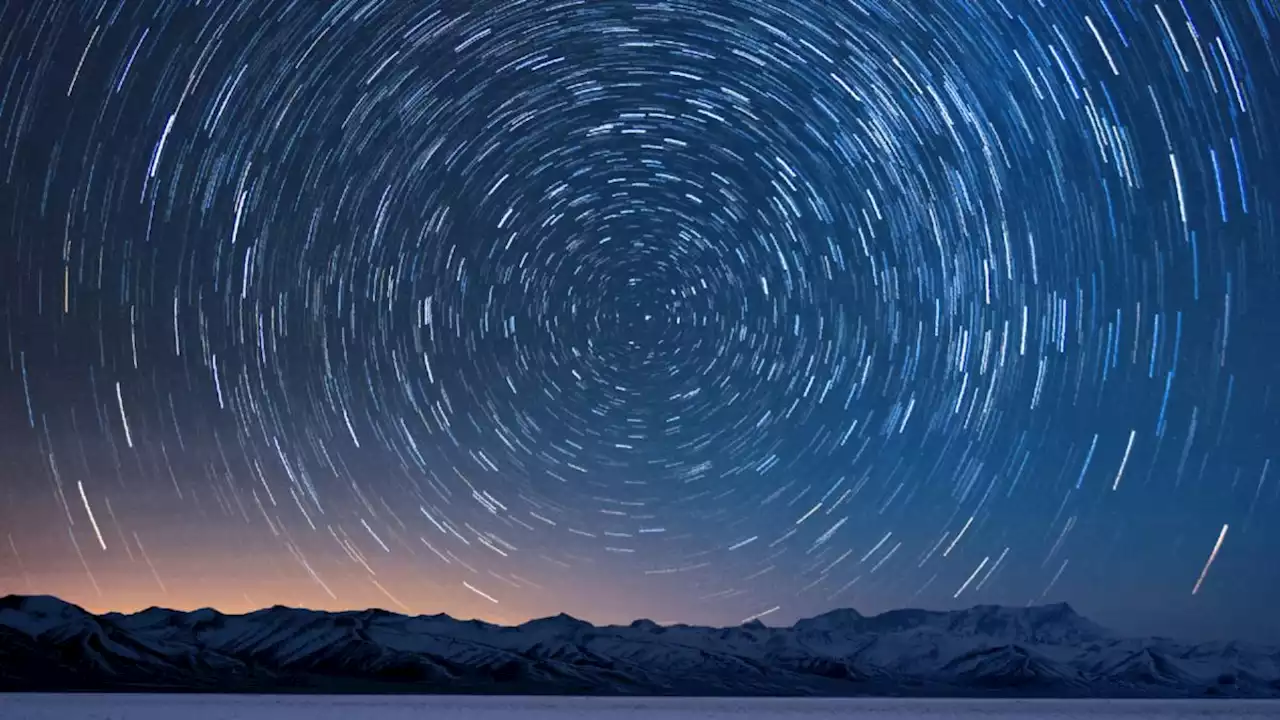You can't watch Earth spin in real time because it rotates so slowly, but there are ways to see the effects of the planet's rotation.
If Earth didn't spin, there would be no sunrise and sunset, and no night and day. We can't feel the motion of Earth's rotation or see the planet spin as we go about our daily lives. But are there ways to confirm its rotation from the ground? And is it possible to watch our planet spinning from somewhere in space?Earth spins much too slowly for its rotation to be visible from anywhere in real time.
"The easiest way to observe Earth's rotation is by watching the apparent motion of celestial bodies," Stephen Merkowitz , a scientist and project manager at NASA's Goddard Space Flight Center in Maryland, told Live Science in an email."This motion is most noticeable when the body is close to the horizon where you have parts of the Earth in view as a reference."Merkowitz said one of the easiest ways to"see" Earth in motion is to watch a sunset.
The moon and tidesEarth spins because it formed from clumps of dust and gas, which were already rotating and pulled together by gravity, Merkowitz explained. After they accreted into our planet, they never stopped moving. There is no friction to slow down movement in the vacuum of space.—Where on Earth does the sun rise first?
United States Latest News, United States Headlines
Similar News:You can also read news stories similar to this one that we have collected from other news sources.
 Exploring Earth From Space: Liverpool Land, GreenlandThe Liverpool Land peninsula, on the east coast of Greenland, is featured in this satellite image from the European Space Agency's Copernicus Sentinel-2. The peninsula is visible at the top partially covered with snow. The Scoresby Sound (Danish: Scoresby Sund, Greenlandic: Kangertittivaq), one o
Exploring Earth From Space: Liverpool Land, GreenlandThe Liverpool Land peninsula, on the east coast of Greenland, is featured in this satellite image from the European Space Agency's Copernicus Sentinel-2. The peninsula is visible at the top partially covered with snow. The Scoresby Sound (Danish: Scoresby Sund, Greenlandic: Kangertittivaq), one o
Read more »
 A 1,000-pound meteor plunged through Earth and crashed near McAllen, Texas, NASA confirmsUpon entering the atmosphere at high speeds, the meteor, which fell right off of FM 755 near McAllen, Texas around 6 p.m., broke into small fragments before...
A 1,000-pound meteor plunged through Earth and crashed near McAllen, Texas, NASA confirmsUpon entering the atmosphere at high speeds, the meteor, which fell right off of FM 755 near McAllen, Texas around 6 p.m., broke into small fragments before...
Read more »
 Before Human-Made Climate Change, Was Earth Actually in a Cooling Phase?Over the past century, the Earth's average temperature has swiftly increased by about 1 degree Celsius (1.8 degrees Fahrenheit).
Before Human-Made Climate Change, Was Earth Actually in a Cooling Phase?Over the past century, the Earth's average temperature has swiftly increased by about 1 degree Celsius (1.8 degrees Fahrenheit).
Read more »
 Space debris apocalypse: 6 objects that could wreak havoc in Earth's orbitCold War-era stuff dominates the list of hazardous orbiting objects.
Space debris apocalypse: 6 objects that could wreak havoc in Earth's orbitCold War-era stuff dominates the list of hazardous orbiting objects.
Read more »
 Closest Known Black Hole to Earth Identified Using ESA’s Gaia Astrometry MissionThe exciting finding promises numerous similar discoveries. Using data from ESA’s Gaia astrometry mission, astronomers have identified the closest known black hole, less than 1600 light-years away from Earth, and determined its mass. The black hole is orbiting a star similar to our Sun, and was ide
Closest Known Black Hole to Earth Identified Using ESA’s Gaia Astrometry MissionThe exciting finding promises numerous similar discoveries. Using data from ESA’s Gaia astrometry mission, astronomers have identified the closest known black hole, less than 1600 light-years away from Earth, and determined its mass. The black hole is orbiting a star similar to our Sun, and was ide
Read more »
![]() There Could Be Upward-Moving Silicon-Rich 'Snow' in Earth's Outer CoreBy listening to the echo of earthquakes bouncing about inside our planet, we can make a good guess at what's inside Earth without slicing it up.
There Could Be Upward-Moving Silicon-Rich 'Snow' in Earth's Outer CoreBy listening to the echo of earthquakes bouncing about inside our planet, we can make a good guess at what's inside Earth without slicing it up.
Read more »
